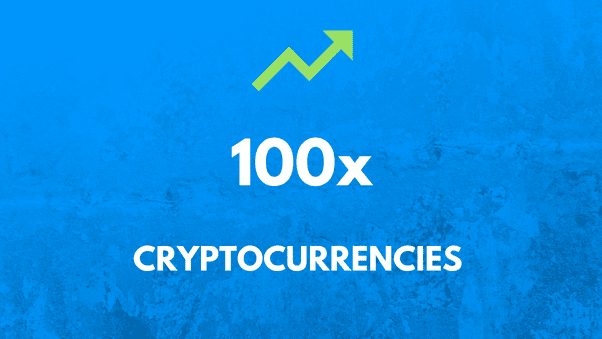The global stock market plunged on Friday as it reopened after Thanksgiving. European stocks saw their biggest fall in 17 months and oil prices fell by $10 per barrel as investors scrambled for safe-haven assets out of fear over a new COVID-19 variant.
A new COVID-19 variant detected in South Africa with a large number of mutations has been designated as being “of concern” by the World Health Organization (WHO), the fifth variant to be given the designation.
According to unofficial estimates, the Dow Jones Industrial Average ended down 2.53% at 34,899.34, its biggest percentage drop in more than a year.
was the worst one-day loss for the S&P 500 since Feb. 25, and the Nasdaq Composite dropped 2.23%, marking the biggest one-day loss in two months.
Following a holiday shut-down on Thursday, United States markets closed early on Friday.
STOXX 600 ended the week down 4.5%, after falling 3.7% on the day. It is the highest level of volatility since nearly 10 months.
Companies that had benefited from an easing of COVID-related restrictions this year, including AMC Entertainment; plane engine maker, Rolls Royce, easyJet, United Airlines and Carnival Corp all fell.
Black Friday, the start of the holiday shopping season, kicked off with retailers dropping as concerns were raised about low store traffic and inventory shortages due to the new variant.
The travel and leisure index fell 8.8% in Europe, its worst day since the COVID-19 shock sell-off in March 2020.
Over the last couple of months, factors including; fears, economic data, Fed policy, have driven the market. However, the significant developments in COVID over the last year have largely eclipsed some of the other factors and that’s what’s driving the market today.
Scientists have not fully understood the South Africa, Botswana, and Hong Kong variants, but they said they have an unusual combination of mutations and may be capable of evading immune responses or making the virus more transmissible.
Several countries have imposed restrictions on southern African travel, including the UK, which called the new variant the most significant to date.
The European Commission has also expressed a desire to suspend travel from countries where the new variant has been found, although the WHO cautioned against hasty action.
As investors sought safe-haven assets, the Japanese yen strengthened 1.87% versus the greenback, while sterling was up 0.08% on the day at $1.3331.
Since the pandemic began, U.S. Treasury debt yields have dropped sharply. The yield on Treasury benchmark 10-year notes last rose to 1.4867%. Last week, the 2-year note yield rose from 0.644% to 0.4941%.
Amidst market swings, concerns over COVID-19 outbreaks have intensified, resulting in restrictions on movement and activity in Europe and beyond










